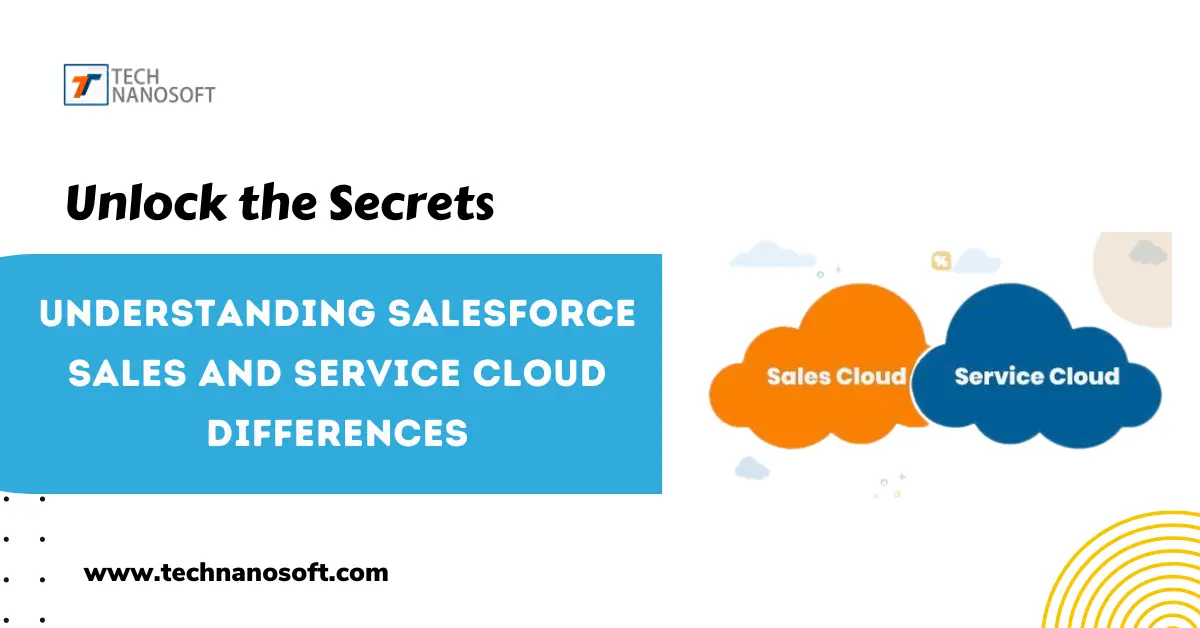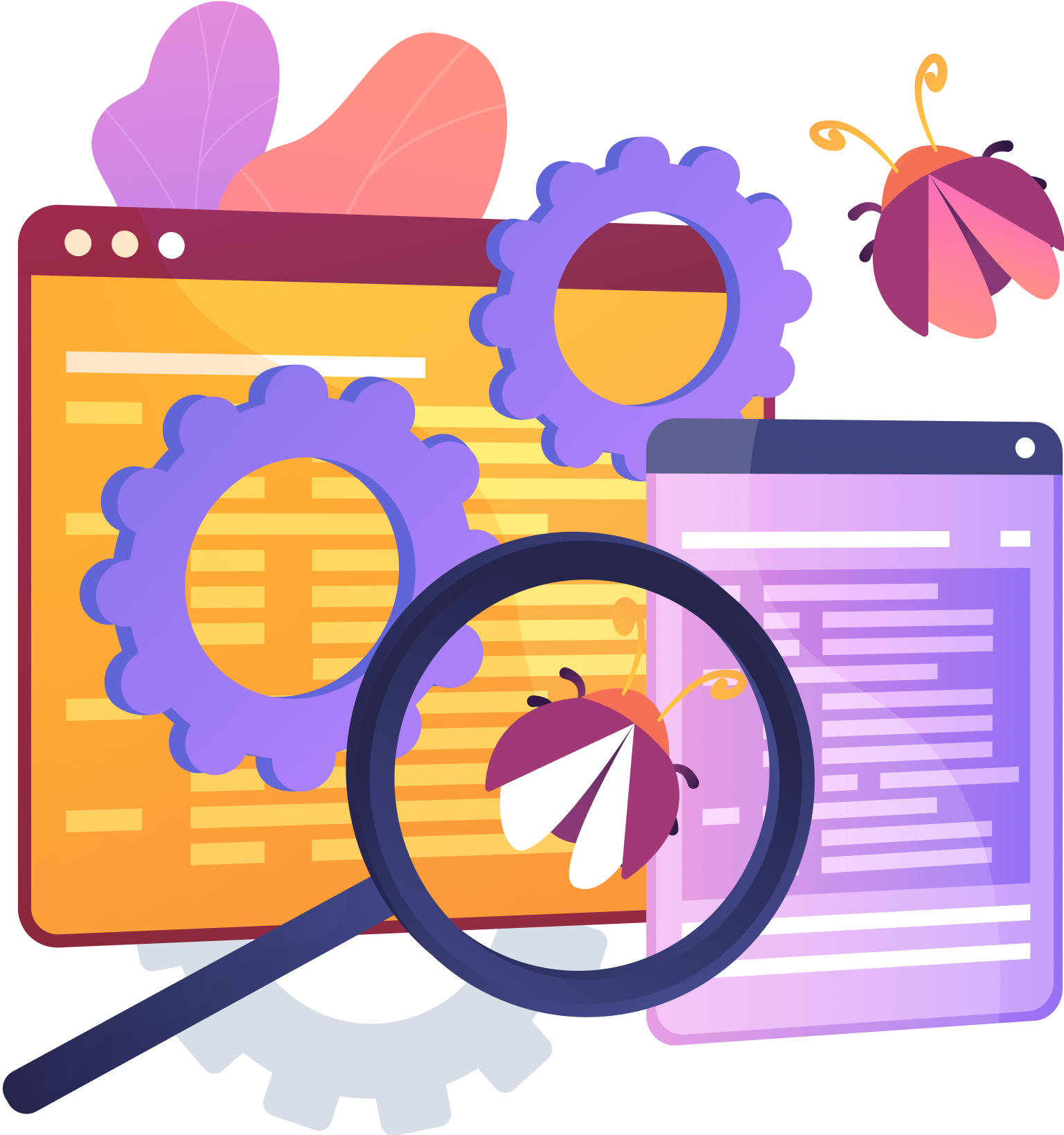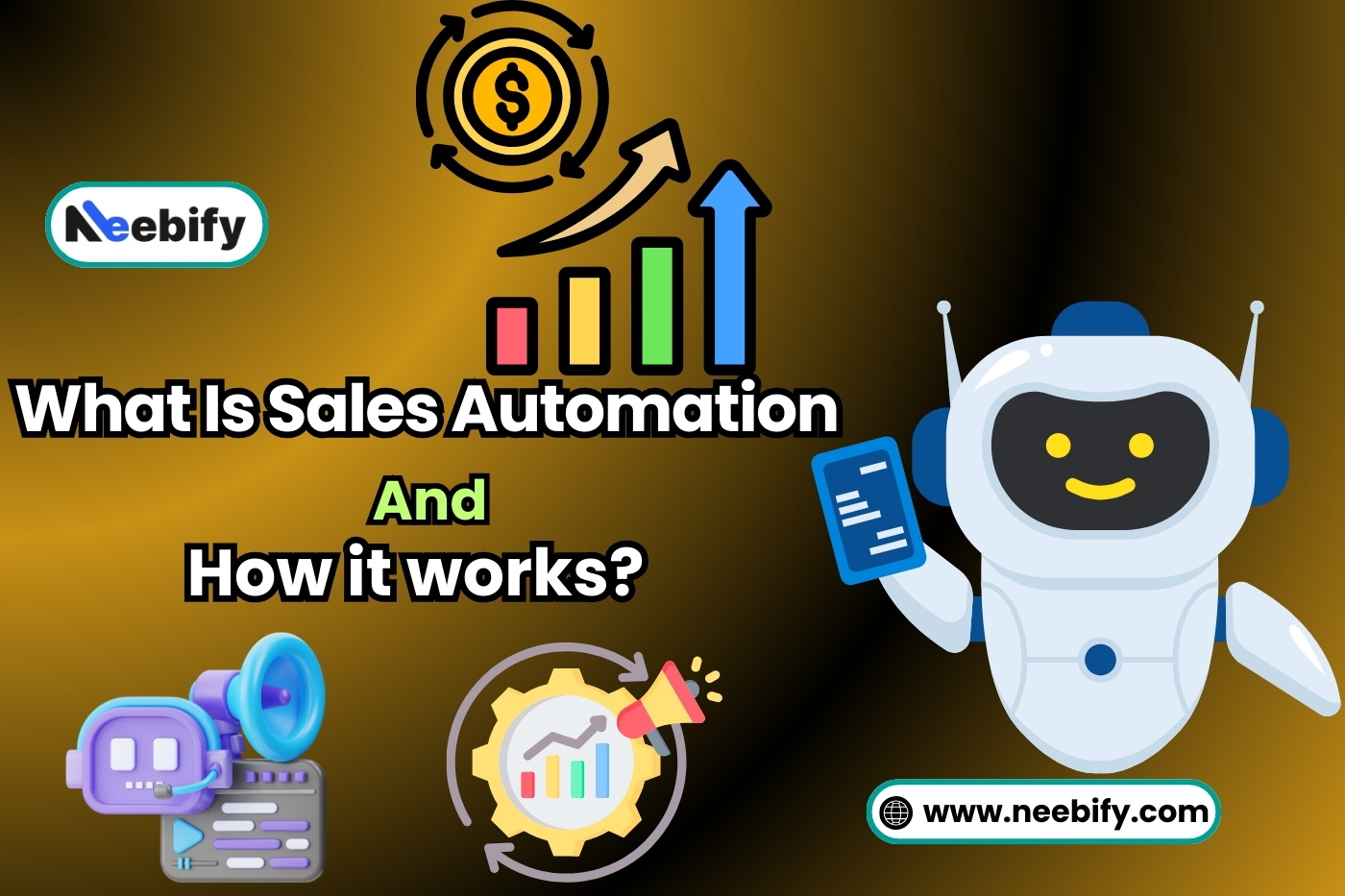Unlock the Secrets: Understanding Salesforce Sales and Service Cloud Differences

Salesforce is the world's leading customer relationship management platform that offers a variety of products for basic and more advanced CRM implementation needs. The main ones are Sales Cloud and Service. Both share basic features but are unique that developed to address different aspects of the customer journey.
Learn the difference between the salesforce service cloud and the sales cloud, highlighting their unique features and functionalities.
What is Sales Cloud in Salesforce?
Salesforce Sales Cloud is a powerful CRM solution that simplifies and optimizes sales processes that empower leads, opportunities, and deals, ultimately driving revenue growth. With Sales Cloud, businesses can capture and organize crucial customer information, track sales interactions, and analyze performance metrics to make informed decisions. The key feature of a cloud-based system includes contact and account management, forecasting, collaboration tools, and sales analytics.
What is a service cloud?
The service cloud platform gives your reps superpowers to deliver exceptional customer experiences by streamlining and optimizing their service operations. Its functionalities help to manage customer cases, resolve inquiries, and facilitate efficient communication between support agents and customers. This cloud-based platform also offers features such as knowledge base management, self-service portals, omnichannel support, and service level agreements (SLAs).
What is the difference between Sales Cloud and Service Cloud?
Sales Cloud
The given Salesforce Sales cloud features are the nuts and bolts of what differentiates from Service Cloud.
1. Lead Management: Sales Cloud provides tools to capture and track leads, allowing sales teams to qualify and prioritize prospects effectively.
leads in sales cloud: Different types of leads can be categorized based on their source or status.
> Standard Lead: This is the default lead type in Salesforce and represents leads captured through various channels and requires qualification and further nurturing.
> Web-to-Lead: Salesforce provides a web-to-lead functionality that allows businesses to generate leads directly from their website's contact or inquiry forms. These leads are automatically created in Salesforce with the Web-to-Lead lead type.
> Partner Leads: Partner leads come from partner organizations or channels. They can be assigned a specific lead type to differentiate them from other lead sources.
> Converted Leads: When a lead meets the qualification criteria and is ready to progress further in the sales process, it can be converted into an opportunity, account, and contact in Salesforce. Converted leads are automatically converted to these record types, and the original lead record is marked as "Converted."
> Unqualified Leads: Leads that do not meet the qualification criteria or are not a good fit for your business can be marked as unqualified leads. This status helps to filter out irrelevant leads and focus on more promising prospects.
> Qualified Leads: Qualified leads have met specific criteria and are deemed ready for further engagement by the sales team. They are typically assigned a different lead status or may be converted into opportunities for further sales pipeline management.
> Custom Lead Types: Salesforce allows businesses to create custom lead types to align with their specific lead management processes and capture leads from unique sources.
Please note that the availability of certain lead types may vary depending on the Salesforce edition and any customizations made by the organization.
2. Opportunity Management: It enables sales representatives to track opportunities through the entire sales pipeline, from initial contact to deal closure, providing visibility into potential revenue streams.
3. Contact and Account Management: Sales Cloud centralizes customer data, providing a unified view of contacts, accounts, and associated interactions. It helps sales professionals better understand customer needs and preferences.
4. Sales Forecasting: Sales Cloud offers forecasting capabilities to help sales managers predict and analyze future sales based on historical data, empowering organizations to make informed business decisions.
5. Sales Analytics: With customizable dashboards and reports, Sales Cloud provides insights into sales performance, allowing teams to identify trends, track key metrics, and optimize their strategies.
Service Cloud
Let's examine features that makes salesforce service cloud unique from sales cloud
1. Case Management: Service Cloud provides a centralized platform to manage customer cases, ensuring that support agents can effectively track, prioritize, and resolve customer issues.
2. Knowledge Base: Organizations can create and maintain a knowledge base within Service Cloud, allowing customers to access self-service resources, FAQs, and articles to find answers to their questions independently.
3. Omni-Channel Support: Service Cloud enables businesses to provide seamless support across multiple channels, including phone, email, social media, live chat, and more, ensuring a consistent customer experience.
4. Service Analytics: By leveraging Service Cloud's reporting and analytics capabilities, organizations can gain insights into support team performance and customer satisfaction metrics and identify areas for improvement.
5. Field Service Management: Service Cloud offers tools to optimize field service operations, including scheduling, dispatching, and tracking field service technicians, improving efficiency and customer satisfaction.
Wind up
After reading the above-written article on the difference between the sales and service cloud, you'll feel more confident exploring Salesforce for your business. By leveraging both unique features and capabilities, businesses can effectively drive sales growth and deliver exceptional customer experiences.









